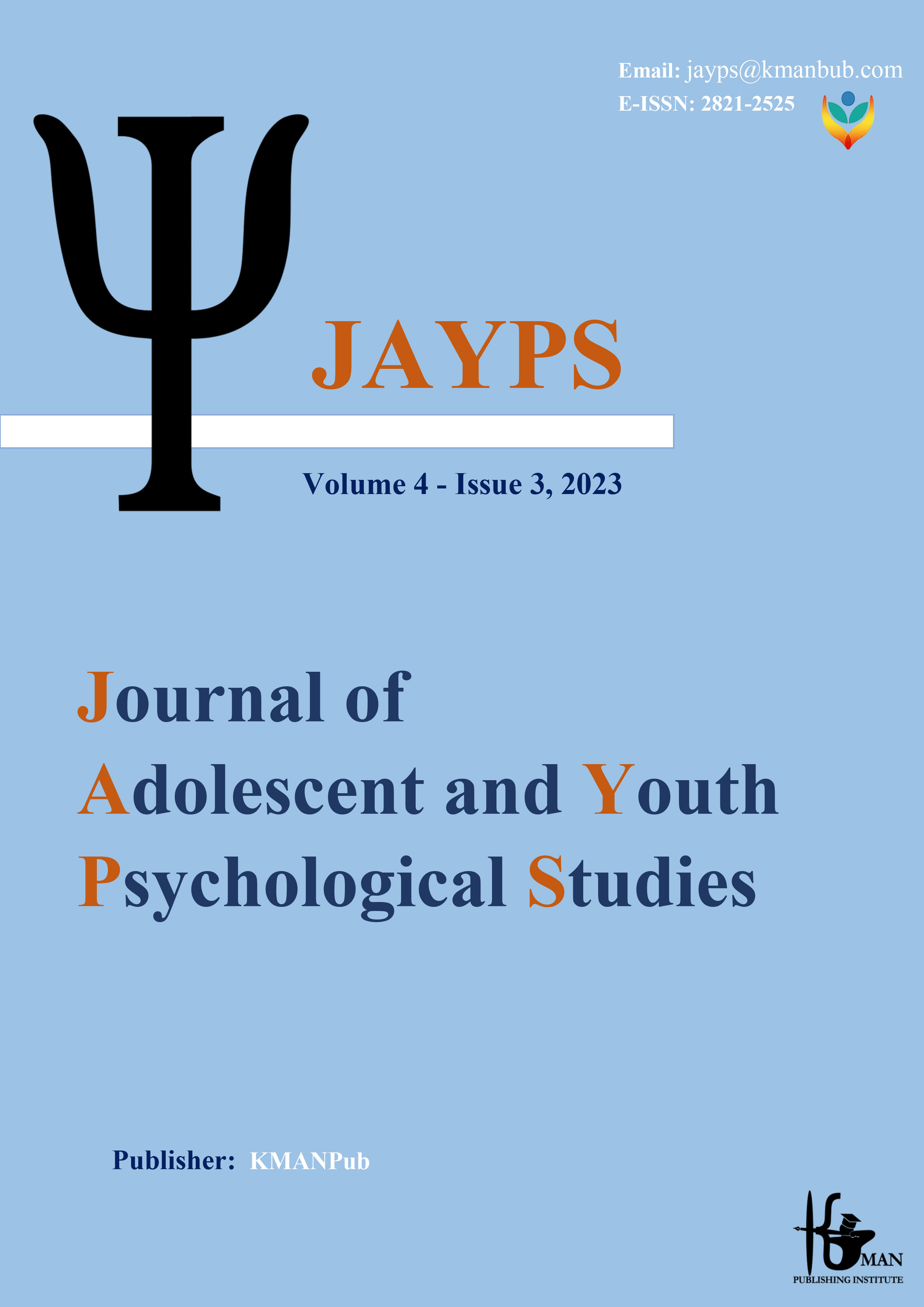The effectiveness of cognitive-behavioral therapy (CBT) on rumination in self-harming adolescents without suicidal intent
Keywords:
cognitive-behavioral therapy, rumination, self-harm.Abstract
Background and Aim: Self-harm with non-suicidal intent is a conscious behavior in which a person damages her own body tissues and can have many consequences. The purpose of this study was to investigate the effectiveness of cognitive-behavioral therapy (CBT) on the rumination of self-harming adolescents without suicidal intent. Methods: The research method was semi-experimental with a pre-test and post-test design with a control group. The statistical population of the present study included 16-18-year-old students (boys and girls) of high schools in Sari city. From this population, 100 people were selected by available sampling method, and among them 28 people who had obtained the highest scores in the non-suicidal self-injury questionnaire (NNSI), following the entry criteria, were selected in a simple random manner in a group. An experimental and a control group (each group includes 14 people) were appointed. The experimental group received cognitive-behavioral therapy in a group method during 12 90-minute sessions, and the control group did not receive any intervention until the post-test. The tools used in this research included the non-suicidal self-injury questionnaire (Klonsky and Glenn, 2011) and Nolen Hoeksma's rumination questionnaire (1991). The data obtained in the two stages of pre-test and post-test were analyzed using SPSS-22 software by analysis of covariance. Results: The results showed that cognitive-behavioral therapy has led to a reduction in rumination. Conclusion: The results of the research provide evidence that cognitive-behavioral therapy is a suitable method for reducing rumination in self-harming adolescents without suicidal intent and can lead to the improvement of their mental health.
Downloads
Downloads
Published
Submitted
Revised
Accepted
Issue
Section
License

This work is licensed under a Creative Commons Attribution-NonCommercial 4.0 International License.









